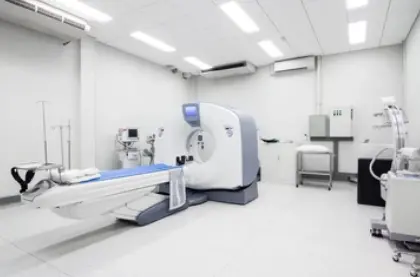 Welcome
Welcome
“May all be happy, may all be healed, may all be at peace and may no one ever suffer."
- A
- B
- C
- D
- E
- F
- G
- H
- I
- J
- K
- L
- M
- N
- O
- P
- Q
- R
- S
- T
- U
- V
- W
- X
- Y
- Z
Menstrual pain & pre-eclampsia - Generics
Menstrual pain, also known as dysmenorrhea, is a common problem experienced by many women during their menstrual cycles. It is typically characterized by cramping pain in the lower abdomen, which may be accompanied by other symptoms such as nausea, diarrhea, and headaches.
Pre-eclampsia, on the other hand, is a potentially life-threatening complication that can occur during pregnancy. It is characterized by high blood pressure, protein in the urine, and damage to organs such as the liver and kidneys. It is important to note that pre-eclampsia does not occur during the menstrual cycle but rather during pregnancy.
There is no direct link between menstrual pain and pre-eclampsia. However, some studies have suggested that women who experience severe menstrual pain may be at a slightly increased risk of developing pre-eclampsia during pregnancy.
The exact causes of menstrual pain and pre-eclampsia are not fully understood, but they are believed to be related to hormonal and vascular changes in the body. Treatment for menstrual pain may include over-the-counter pain relievers such as ibuprofen or naproxen, as well as hormonal contraceptives to regulate the menstrual cycle. Treatment for pre-eclampsia typically involves close monitoring of blood pressure and other symptoms, as well as medications to manage blood pressure and prevent seizures.
In summary, while there is no direct link between menstrual pain and pre-eclampsia, women who experience severe menstrual pain may be at a slightly increased risk of developing pre-eclampsia during pregnancy. It is important for women to seek medical attention if they experience severe menstrual pain or any signs or symptoms of pre-eclampsia during pregnancy, as both conditions can have serious health consequences if left untreated.

Seizures associated w/ Le...

Diagnostic procedures

Bodyache

Familial adenomatous poly...

Urinary Tract Infection c...

Nasal polyposis

Allergic and inflammatory...

Intestinal hypermotility
Menstrual pain & pre-eclampsia, মাসিক ব্যথা এবং প্রাক এক্লাম্পসিয়া
To be happy, beautiful, healthy, wealthy, hale and long-lived stay with DM3S.